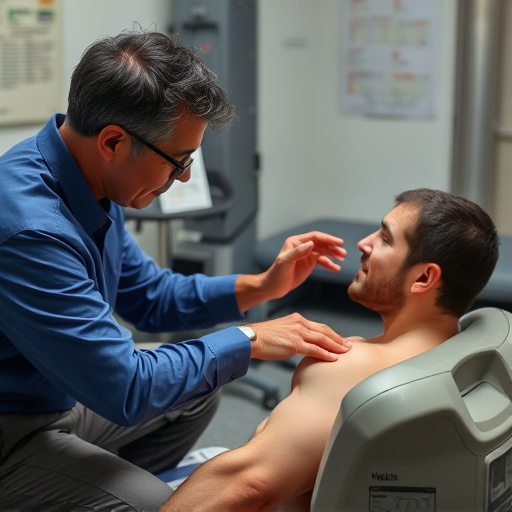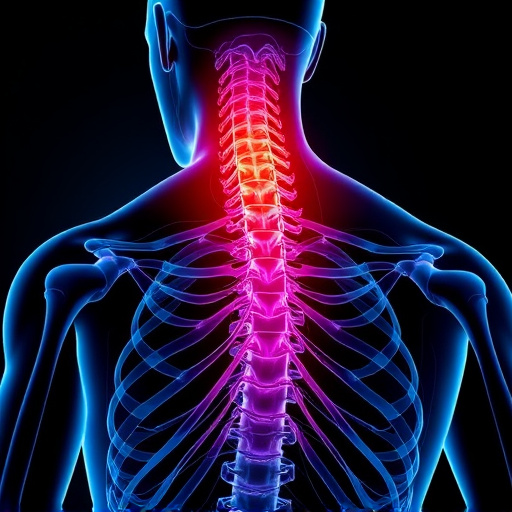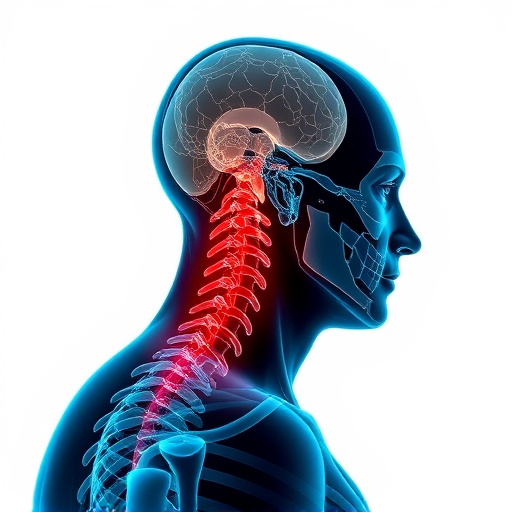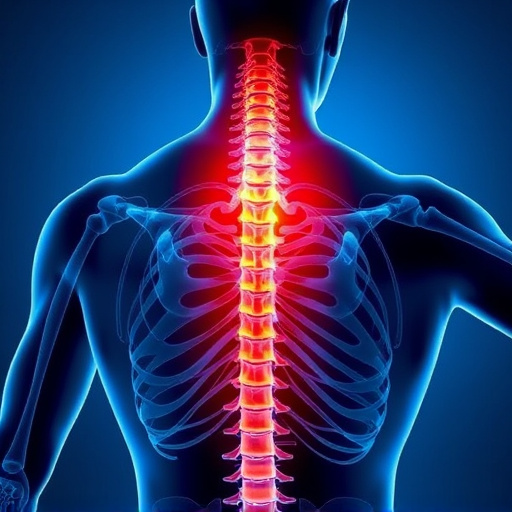Auto injury assessment involves a skilled professional reviewing medical history, conducting physical exams, and using advanced diagnostics to identify immediate and potential future injuries like chronic pain or mobility issues. This holistic approach guides personalized treatment plans including adjustments, therapy, and education, focusing on musculoskeletal injuries common in car accidents to enhance quality of life post-injury.
Auto injury assessment plays a pivotal role in shaping long-term treatment plans for individuals recovering from vehicular accidents. This in-depth evaluation process goes beyond initial symptoms, delving into the complex interplay of physical, cognitive, and psychological factors. By understanding the nuances of auto injury assessment, healthcare professionals can tailor comprehensive strategies that address immediate pain management while fostering sustainable recovery.
From identifying key injuries to assessing functional capabilities, this process is crucial for developing effective treatment plans that accommodate evolving needs over time.
- Understanding Auto Injury Assessment Process
- Key Elements in Comprehensive Evaluation
- Long-Term Treatment Planning Strategies
Understanding Auto Injury Assessment Process

The auto injury assessment process plays a pivotal role in devising effective long-term treatment strategies for individuals affected by vehicle accidents. This comprehensive evaluation involves a detailed examination of various physical aspects, including the extent of injuries sustained and their impact on an individual’s overall health. Healthcare professionals skilled in this domain meticulously review medical history, conduct thorough physical tests, and employ advanced diagnostic tools to pinpoint specific damage or abnormalities.
The assessment goes beyond immediate injuries, focusing on potential long-term effects such as chronic pain, mobility issues, and psychological impacts. For instance, conditions like sciatica relief and management of soft tissue injuries often require tailored recovery plans. By understanding the intricacies of auto injury assessment, healthcare providers can create personalized roadmaps for healing, ensuring patients receive the appropriate care throughout their journey towards full recovery.
Key Elements in Comprehensive Evaluation

A comprehensive auto injury assessment is a cornerstone of effective long-term treatment planning. This evaluation goes beyond immediate symptoms to uncover underlying issues and predict potential future problems. Key elements include a detailed history of the accident, a thorough physical examination focusing on range of motion, muscle strength, and neurological function, as well as advanced imaging studies like X-rays, MRIs, or CT scans to identify structural damage. Special attention is paid to symptoms that may not manifest immediately, such as chronic pain, which can be exacerbated by untreated soft tissue injuries.
Incorporating patient reports of pain levels, specific activities that worsen or alleviate discomfort, and any previous treatments received, provides a holistic view of the auto accident recovery process. This information guides healthcare professionals in designing individualized treatment plans that may include modalities like spinal adjustment to correct alignment issues, shockwave therapy for persistent pain, or other evidence-based interventions tailored to address identified pathologies.
Long-Term Treatment Planning Strategies

Long-term treatment planning for auto injury victims involves a strategic approach to recovery and rehabilitation. Following an auto injury assessment, healthcare professionals can develop tailored strategies that address not only immediate symptoms but also predict potential long-term issues. This proactive mindset is especially crucial in managing musculoskeletal injuries, which are common outcomes of car accidents.
The process includes setting specific, measurable goals for patients’ recovery, incorporating various therapeutic modalities like physical therapy and manual manipulation, and providing education on injury prevention and self-care. By integrating these strategies into a comprehensive treatment plan, healthcare providers ensure that individuals not only regain functionality but also maintain long-lasting health, significantly enhancing their quality of life post-injury, including effective sports injury treatment.
Auto injury assessment plays a pivotal role in long-term treatment planning, offering a comprehensive evaluation that considers all key elements involved. By understanding this process and its critical components, healthcare professionals can develop effective strategies tailored to each patient’s unique needs. This ensures not only immediate relief but also fosters sustained recovery and improved quality of life for those affected by auto injuries.














